Knowledge sharing galore on pivotal topics like procurement practices, strengthening primary healthcare and digitisation of medical imaging
Procuring it right – Powered by GLENMARK
Glenmark hosted a power breakfast focussed on creating a robust procurement management moderated by Dr Suresh Saravdekar, Director, The Rural Health & Education Centre. Dr Prateek Rathi, Special Executive Officer at ESI Scheme, Department of Public Health, Maharashtra, Kimi Nagpal, Consultant NHRM, Government of Mizoram, Sanjay Dalvi, Director of Health Services, Goa; AG Prasad, Divisional Head, Institutional Sales & Marketing at Glenmark Pharmaceuticals etc were some of the delegates who attended the session.
Deliberations were made on challenges faced by procurement agencies to filter unscrupulous manufacturers and maintain a balance between quality and price. Suggestions were made to streamline the process and bring in transparency. The delegates discussed about various irregularities that mar the country’s tendering and contracting processes in the procurement of medical supplies. Recommendations audits of companies to understand about their financial standing as a measure to avoid discrepancies in the long run. They also discussed on the urgent need to reform the procurement and distribution models existing in the public health sector to bring in widespread adoption of the generic medicines through initiatives like Jan Aushadhi and AMRIT stores.
–
These measures will go a long way in reducing healthcare costs, opined the attendees. They further discussed several solutions that can be implemented at different levels to eliminate the existing gaps.
They unanimously agreed that only through concerted efforts can the system be strengthened and made more effective.
EVOLVING TOWARDS DIGITAL MEDICAL IMAGING – Powered by AGFA
AGFA Healthcare presented an hour-long discussion at Healthcare Sabha 2017 which focussed on how hospitals should move on from analog to digital medical imaging.
Giving the opening remarks, Mahendra Singh Jodha, Regional Sales Manager- North, informed that AGFA Healthcare is committed to the industry as it wants to improve delivery of patient care through technology investments and creating a culture of security. Jodha also mentioned that the Gujarat government is planning to set up CR systems in 200 different locations through the PPP model.
–
Dilip Bhosale, Regional Sales Manager (West), AGFA, briefed about different healthcare solutions offered by AGFA and its uses in government hospitals. He informed, “Gujarat Medical Service Corporation (GMSC) had installed small Computed Radiography (CR) system in remote places of the state with a minimal investment of Rs 10 lakh.”
Dr MK Vadel, Professor and Head, Medical Superintendent at Government Medical College, Surat, said, “We have installed CR system in ten CSCs. The Surat Medical College is connected with seven villages and we get a daily report of 20 to 25 X-rays per day, which are of good quality. It can be implemented in other medical colleges as well.”
Playing a small video describing the future of radiology, Bhosale also shared details about the projects taken by AGFA in Mumbai, Punjab and West Bengal.
–
Speaking on how public health is witnessing a transition from volume-based care to value-based care, Pranav Shah, Business Development, Healthcare IT, said, “When we look at public health at large, we are now finding ways and means to use technology at its best. There are multiple drivers of this change such as necessity of collaborative care and optimising service distribution. In certain departments like the laboratory system and radiology department, there is a need for digitisation to improve efficiency. Technology in the public health sector should have a unified single platform for better outcomes.”
Shah also said, “A single consolidated platform would help bring in clinical efficiency — be it radiology department, surgical department or a cardiology department. An integrated platform can effectively exchange information within and outside the hospital and a time-saving IT solution would help. Eventually, AGFA is looking at one single patient record to be viewed with one single enterprise imaging solution.”
Giving the government’s view, Sudeep Srivastava, Director, PMSSY said, “Government is already working on an IT integration platform and it would be functional from this year, post which all government hospitals, medical colleges and institutes will share patient data. Subsequently, even the private sector willbe involved. To give a statutory status, NeHA (National eHealth Authority) will be formed. The gist of all this is that in public health there should be convergence and it is already taking place.”
Empowering Phcs – Powered by BIOCON
In a session powered by Biocon, select delegates attended a freewheeling discussion on primary healthcare in India. Chaired by Biocon’s representative, Rani Desai, Head-Strategy & Operations, the conversation revolved around ways to bring in a reformation in the primary healthcare segment and Biocon Foundation’s efforts in this direction.
–
Desai gave a rundown to the participants about smart digital clinics called eLaj, a Biocon initiative through its CSR wing. She informed that it was the company’s endeavour to enhance health access and demonstrate how efficiencies can be brought into this segment. She also informed that they have partnered with the Governments of Rajasthan and Karnataka to set up these clinics. Five PHCs are operational in Rajasthan while three are being operated out of Karnataka.
Then she opened the floor for any queries from the delegates which included prominent names such as Dr Navjot Khosa, Commissioner & MD, Kerala Medical Services Corporation; Dr Prateek Rathi, Special Executive Officer at ESI Scheme, Department of Public Health, Maharashtra, Zahoor Ahmad Wani, Director Finance, Health & Medical Education Department, Government of Jammu & Kashmir, etc.
–
The delegates posed several questions about the clinics’ operational model, the challenges they encountered, strategies to make the initiative sustainable in the run and so on. The delegates also exchanged learnings of operating PHCs in their states and regions. The conversation also moved on to topics such as mobile health clinics and their efficacy, how to reduce errors in PHCs, and making PPPs viable and successful in healthcare.
Thus, it is was a very interesting session with opportunities galore to interact and learn from the each others’ experiences.




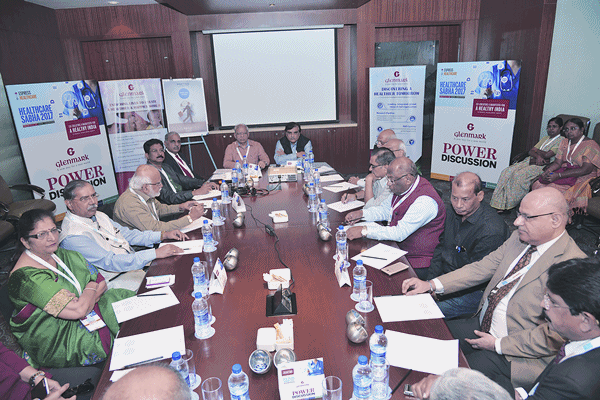
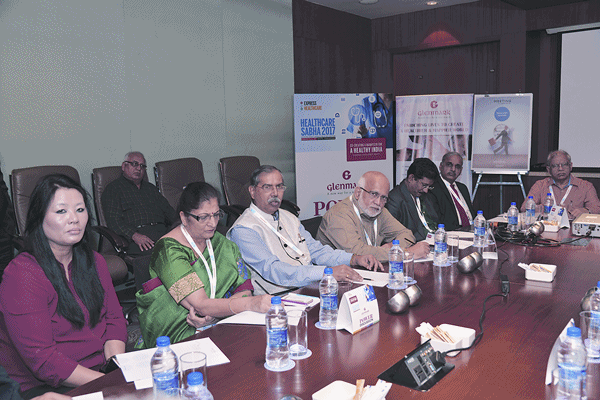
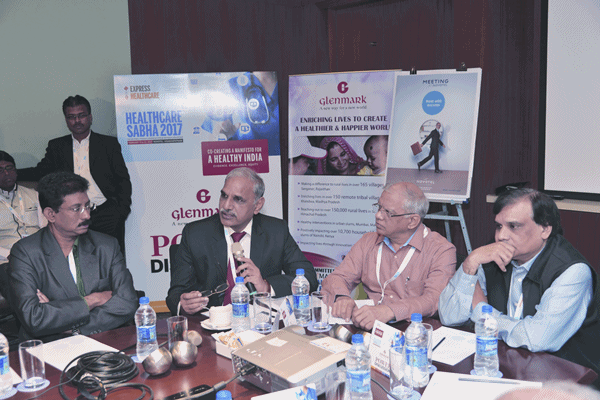
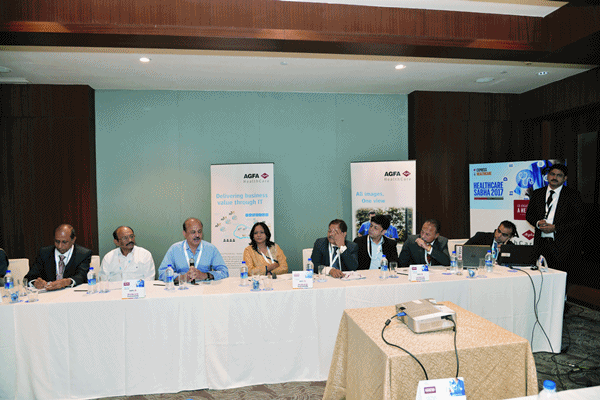
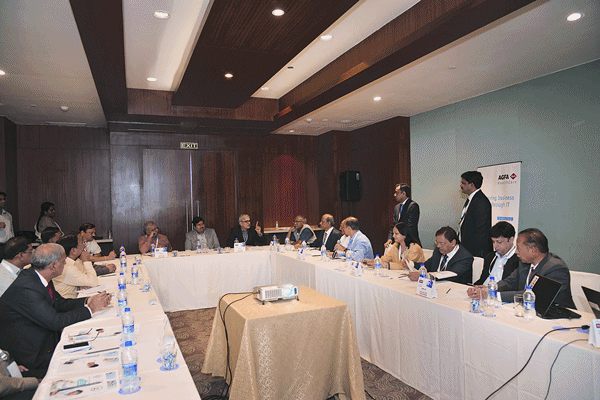
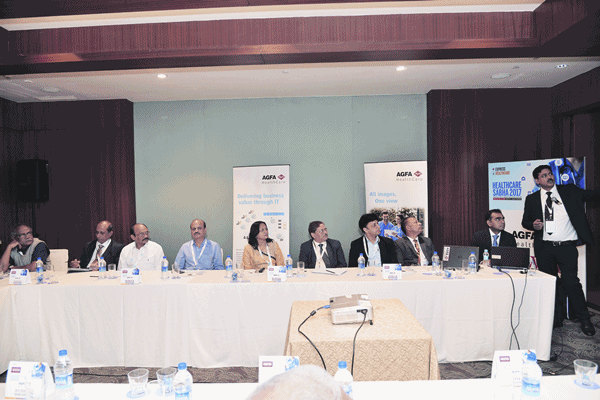
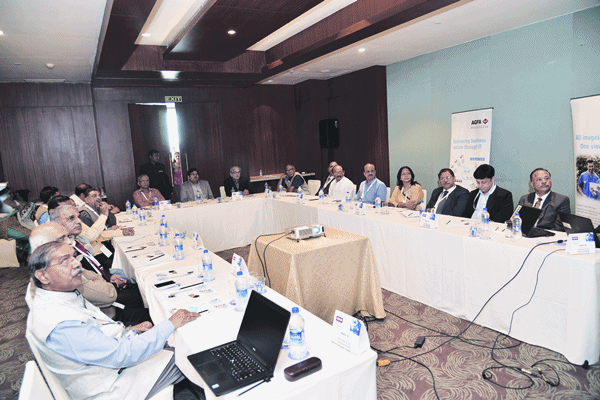
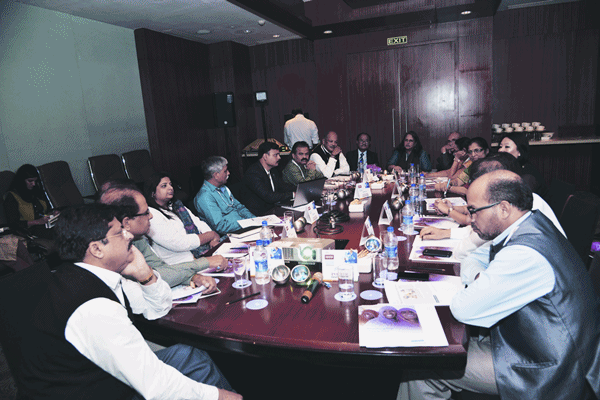
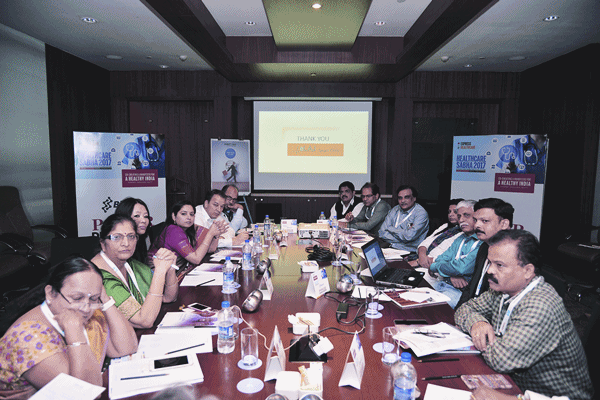
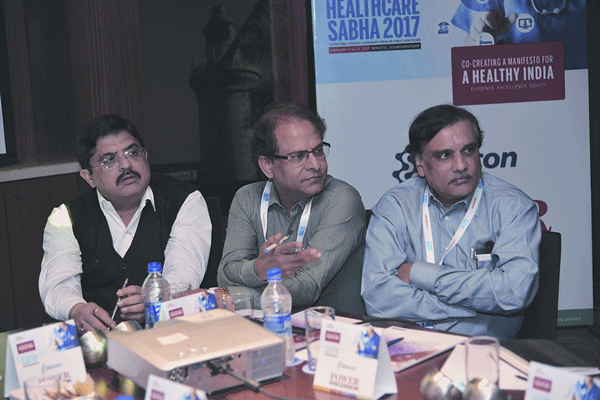
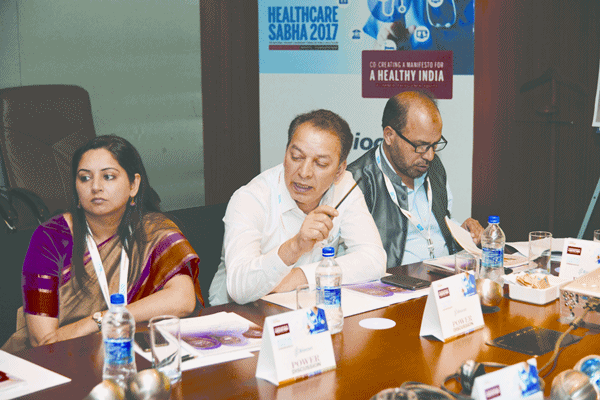
Comments are closed.